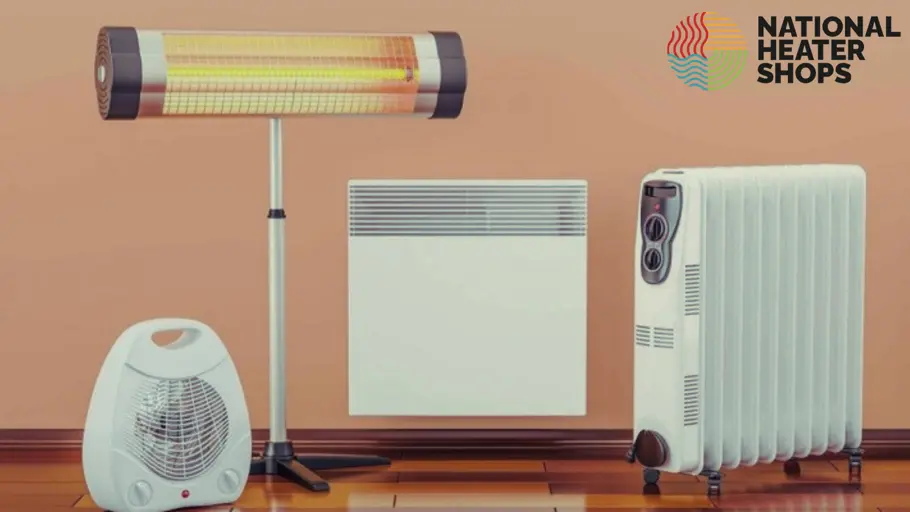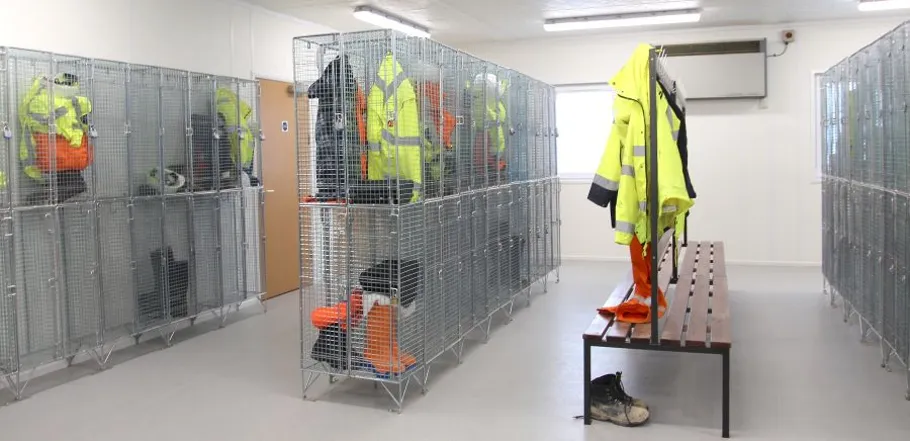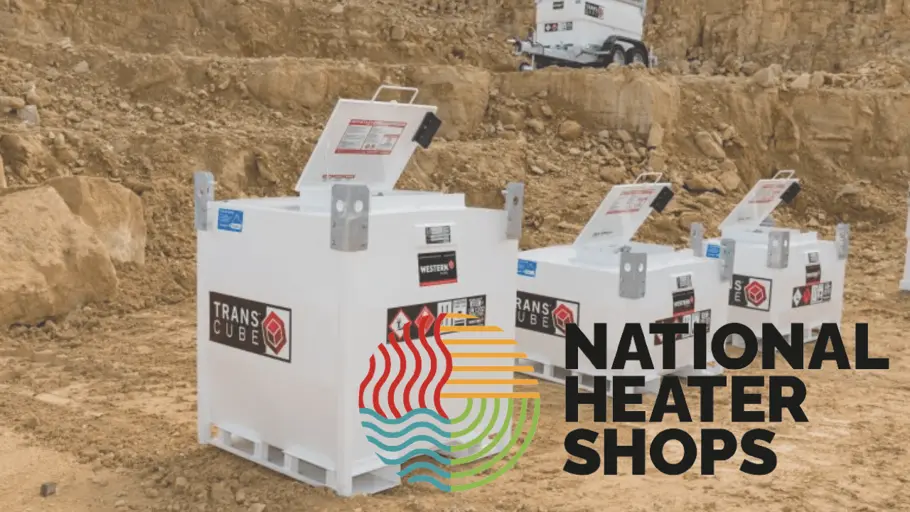Whether your room is too hot or too cold, you will feel uncomfortable either way. Sizing a heater to your space will help you to achieve and maintain a temperature that feels just right.
WHY SIZE IS IMPORTANT
Choosing the most suitable heater is crucial for optimising comfort and energy-efficiency. Running an oversized heater in a space too small will result in wasteful energy usage, which will sharply increase bills. It could even shorten the lifespan of the unit, as it is unable to operate at its optimal performance level. Conversely, an undersized heater will fail to deliver sufficient warmth to cover the total area of the room. You will naturally try to resolve this by cranking up the heat, which will also waste energy, expenses, and risk overpowering your device. So, either way, an incorrectly sized heater is unfavourable for your heating needs and your finances. Investing in a heater with a built-in thermostat will allow you to monitor how efficiently your heater is achieving your set temperature. Heaters that are too large will heat up a room too quickly and then turn itself off. Heaters that are too small for your space will fail to emulate your desired temperature.
KNOW THE HEATING CAPACITY OF YOUR SPACE
The recommended first step is to measure the heating capacity of the space you want to heat. Heating capacity refers to the amount of heat energy required to achieve a temperature change in an area. Knowing this will help you find a heater that can produce the required heat energy to achieve a comfortable room temperature.
The general rule of thumb is this:
- Measure the length, width, and height of your room in metres
- Multiply these figures together
- Multiply the total by 5.
The result is the minimum of BTUs (British Thermal Units) required to deliver sufficient heat to your space. Alternatively, you can use our handy heating calculator that will do the math for you while incorporating additional factors to offer a more exact figure, such as the type of space and how well insulated it is.
CONSIDER THE SIZE OF YOUR SPACE
Aside from the size and type, choosing the right heater depends on the circumstances in which it is needed. Shopping for a heater by application is an easy way to identify the ideal heater size for your space. For instance, if you are looking to keep warm whilst working from home or in a chilly open-space office, the Herschel Select HS22OUD is a popular solution. With a setting of 0.22kW, the Herschel Select is the ideal energy-saving under-desk warmer that can be easily controlled by an app. Since it is inexpensive to buy and run, this heater promises not to break the budget Larger spaces will always require a larger unit to effectively heat an entire area. The Master B 18, with an 18kW heat setting can deliver a great deal of warmth, it can also be ducted with a single or split outlet to direct heat where required. This heater is ideal for heating whole warehouses, factories, marquees, or even specific outdoor areas such as markets and public events. To keep your living spaces comfortable and cosy, wall-mounted heaters are a smart choice. Models such as the Olimpia Splendid Unico Inverter can be fitted resting almost flat against the wall, enabling discreet operation while remaining unobtrusive. Mounted models can be installed low down against the wall or high up to fully free up floor space. Wall-mounted heaters are both space-saving and a safe solution for any crowded, busy space.
OTHER FACTORS TO BE AWARE OF
INSULATION
Although calculating the heating capacity of your space will give you a good idea of what size and type of heater you need, it is always worthwhile to take insulation into account when buying a heater. This is because heating capacity is directly influenced by how well insulated the room is.
A room with low heat retention will require a larger heater to sufficiently supply heat, yet with better insulation, a room of the same size will receive efficient heating with a small-scale appliance.
If your space is well insulated, the heater will easily maintain the set temperature. Bad insulation will require the heater to constantly exert itself to reach and retain the set temperature. This will result in increased energy bills and fluctuating temperatures which will cause discomfort.
OUTDOOR TEMPERATURES
The average temperature outside your space is another variable that will affect the efficiency of your heater. If you live in a cold climate with a naturally lower room temperature, such as an area in Scotland, it will be a greater challenge for the heater to control indoor climates.
Opposingly, if you live in a warmer part of the UK—especially if your specific space faces sunlight, the heater will not need to consume as much energy to emulate your preferred indoor temperature.
So, along with the insulation of your space, the surrounding climate is a factor to bear in mind whilst buying the most suitable heater for your space.








